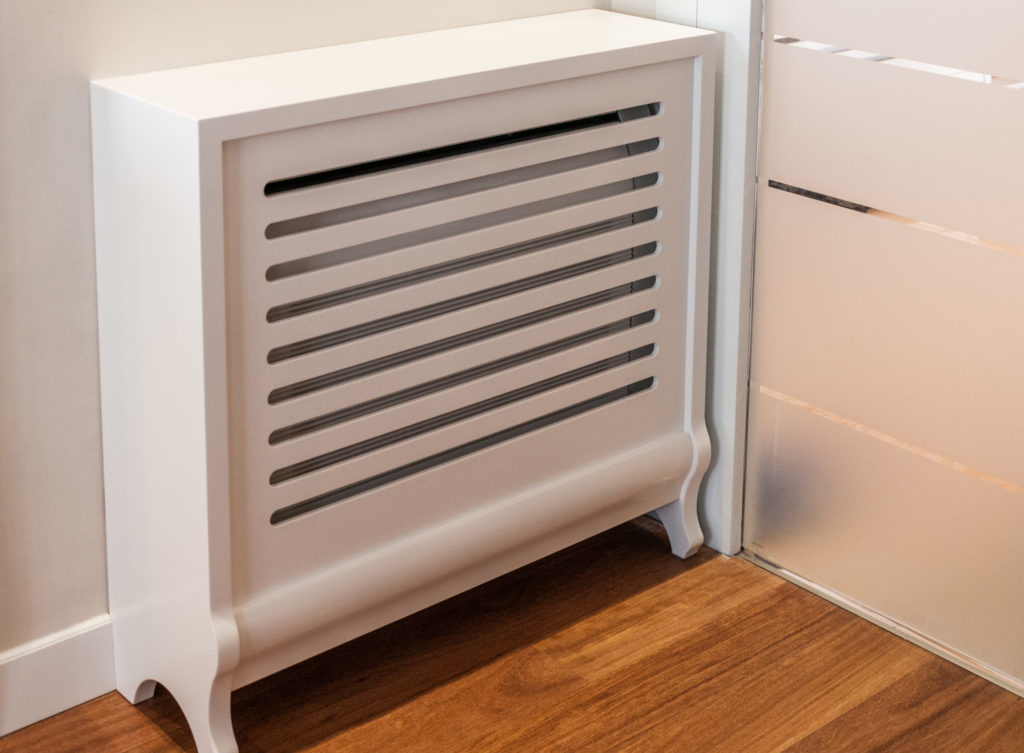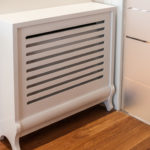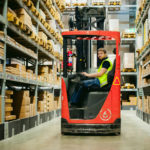
Have you been wondering how to prepare for a natural disaster?
If you have, then you know how important it is to have all the necessities in place should disaster strike.
Statistics show that only 47% of Canadians set aside even a few basics for disaster preparedness. Many natural disasters have had a more devastating effect than they should have because of the lack of preparedness on the part of those affected.
The good news is that once you are prepared it is less likely that you and your family will suffer greatly if a disaster strikes. Here are some tips that will show you how to prepare for a natural disaster.
1. Create A Basic Plan
You will need to take a detailed approach to how you will get through disasters. This means that you will have to come up with a plan. First, you should identify all the possible disasters that can affect your area and then create a plan for dealing with each.
Here are some guidelines you should follow when coming up with a plan:
- Decide how you will receive alerts
- Create a shelter plan
- Map out evacuation routes
- Create a supply list
Receiving alerts and warnings is very important before and after a disaster, so make sure you sign up for them. Invest in a generator for electricity if you can, so you can keep your devices charged to receive information.
Decide where you would shelter if you have to evacuate your home. Carefully plan out your evacuation routes and let all family members know about them.
List all the supplies you may need. You can visit this website to quickly purchase what is necessary.
2. How To Prepare For A Natural Disaster By Doing Drills
Once you have an evacuation plan then you should do drills for every type of natural disaster that can affect your area. Going through the actions will help your children to remember the steps that are necessary when disaster strikes.
Carefully plan your drills and discuss ahead of time what everyone will do and exactly where they will go. Make sure that you practice the drills more than once so that everyone in your family is familiar with what they must do.
3. Packing Your Emergency Food And Clothing Supplies
At the minimum, you should pack at least three days supply of food. Make sure that all the foods are non-perishable. The best types of food are canned foods as well as packaged items.
Here is a list of your best options when it comes to food:
- tuna
- protein bars
- canned soup
- crackers
- cereal
- powdered milk
The bottom line is that you need foods that do not require refrigeration and need little to no cooking.
When it comes to water a good rule of thumb is to have a gallon of water for each family member and pet per day. In other words, you need three gallons of water for each person if you are stocking up for the recommended three days. Make sure to stock only bottled or purified water.
Since you will be stocking up on so many canned goods you will need to make sure you have can openers, paper plates, napkins, plastic utensils, and a camp stove.
Make sure you keep a stash of clothing so that you will have it ready in case you need to evacuate and go to a shelter. If you have kids ensure that you rotate the items in your stash every year, in order to make sure that everything will fit.
4. Get An Emergency Medical Supply Kit
When a natural disaster strikes people are often injured. Knowing what to do can save a loved one’s life.
Take a class in First Aid if you can. If you can’t do that then have a first aid handbook ready so you can get some quick tips if disaster strikes.
The next important thing is to stock up on the right medical supplies for an emergency kit. Make sure you include prescription and over the counter medications in your kit.
Here is a list of things you should have in the kit:
- bandages
- ointment
- tape
- scissors
- suture kit
- antiseptic
This is just a short list, you should pack whatever medications you think will become essential items if there is a disaster.
If you have a pet who is ill remember to pack their medications as well. In addition to your first aid guide, you should also have a veterinary medicine handbook ready for use. Ensure that you make a plan for how you will transport your pet in a disaster.
5. Secure Important Documents
When a disaster is about to strike one of the most important things you can do is protect your important documents. You should get fireproof and waterproof lockboxes to protect these.
Here is a short list of the documents you should consider protecting.
- Birth certificate
- Passports
- Immunization records
- Land and home titles
- Insurance policy documents
You should keep the key to your waterproof and fireproof box in a safe place. Better yet you should keep it in your emergency kit.
6. Financial Considerations
Often in an emergency, banks are closed and you may also be unable to access an ATM. This means that you need to have money available in case you are unable to access the necessary cash.
Keep a stash of larger notes as well as smaller notes and coins. In this way, it will be easier to purchase things.
Have maps of your area along with your stash of cash. Sometimes, when there is a natural disaster, streets and roads get badly damaged and this can make it extremely difficult to navigate to even a grocery store or supermarket. It is helpful to have a map, especially if there is no internet service available for you to use GPS on your phone or another device.
Final Thoughts
Knowing how to prepare for a natural disaster is important. It is best to be prepared before disasters happen instead of trying to prepare for them just before or when they are actually happening.
Take the necessary steps ahead of time to ensure that you and your family will be as comfortable as possible when any disaster strikes. When you are prepared with food, water, clothing, cash and all the necessities for survival you can focus on keeping safe during a disaster.
If you would like more lifestyle tips. Please visit our website, we have a wealth of information that will assist you in making your life easier.

